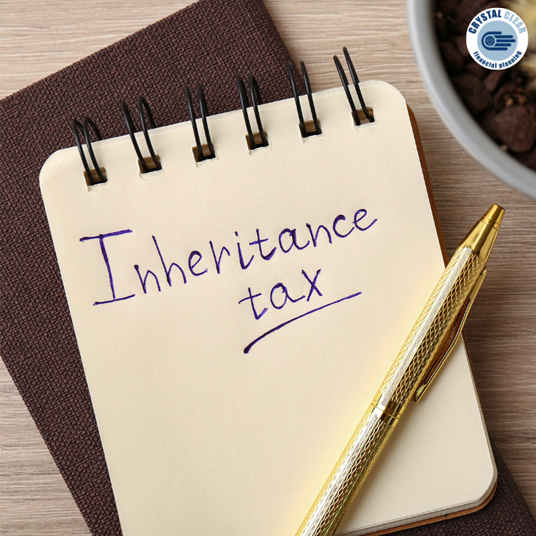Inheritance Tax (IHT) can seem complicated, but it's important to understand, especially if you want to pass on your wealth to your loved ones.

Inheritance Tax (IHT) can seem complicated, but it's important to understand, especially if you want to pass on your wealth to your loved ones. With more families being affected each year, it’s essential to plan ahead. Let's break it down in simple terms.
What is Inheritance Tax and who does it affect?
Inheritance Tax is a tax on the estate (the property, money, and possessions) of someone who has passed away. IHT is usually charged on the value of everything you own when you die, after taking off any debts, exemptions, and reliefs
You might think IHT only affects a few people, but in 2023-2024, the government collected £7.6 billion from thousands of families. The current threshold for IHT is £325,000, and this amount is frozen until 2030.
When is Inheritance Tax not payable?
- Anything left to a spouse or civil partner is usually exempt.
- Gifts to registered charities are also exempt.
- If you leave your home to your children or grandchildren, you may benefit from the residence nil-rate band, potentially increasing your threshold.
5 Tips to reduce IHT
With proactive estate planning, you could significantly reduce the amount of IHT your loved ones may have to pay:
2. Make Gifts During Your Lifetime
consider giving some of your money away while you're still alive. You can reduce your estate's value — and potential IHT liability — by gifting assets during your lifetime-Gifts made more than seven years before your death are exempt from IHT. You can give away up to £3,000 each year without paying IHT, and small gifts up to £250 are also exempt if they come from your income
4. Consider Setting Up a Trust
Trusts can be a powerful tool for Inheritance Tax planning. They allow you to pass on wealth while retaining some control over how it is used. Different types of trusts have different rules, so it's best to get advice on what works for you.
Speak to an expert!
IHT can be complicated, but making a plan and adjusting it as your circumstances change can help you make the most of tax allowances. The sooner you start, the more options you have to safeguard your legacy.
Want to protect your estate from unnecessary tax? Get in touch with our expert team today to start your estate planning journey.
Understanding Inheritance Tax (IHT) and What You Need to Know
1. Inheritance Tax Receipts Are £600m Higher Than 23/24, Reveals HMRC
2. How Inheritance Tax works: thresholds, rules and allowances: Rules on giving gifts - GOV.UK
As with all insurance policies, conditions and exclusions will apply. Tax treatment varies according to individual circumstances and is subject to change. Inheritance Tax Planning, Estate Planning, Will Writing, Taxation Advice, Trusts and Advice on Income Tax is not regulated by the Financial Conduct Authority.








